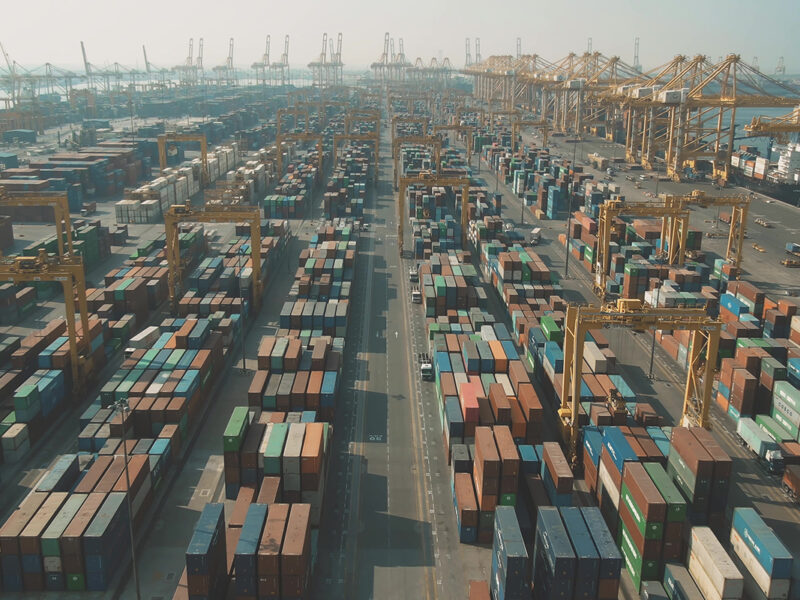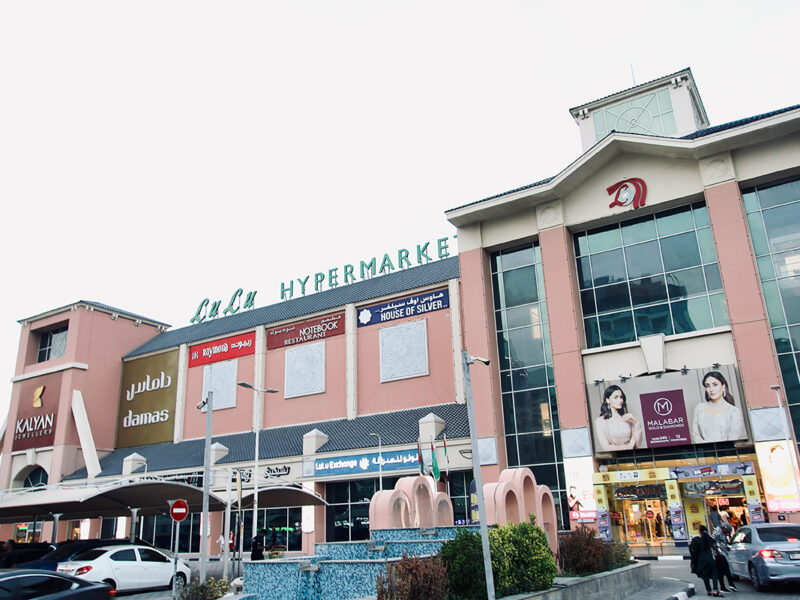Exceptional strains in the Eurozone stemming from Greece’s debt crisis could have severe implications for the GCC single currency, Saudi finance firm Jadwa Investment has warned.
“Much of the preparatory work in the GCC was based on what preceded the introduction of the euro and technical support from the European Central Bank has been used widely,” the investment bank said in a research note.
“Therefore, in the unlikely event that stresses in Greece or elsewhere irrecoverably damage the eurozone it could trigger a rethink within the GCC.”
Although a single currency for the GCC came one step closer in March via the inaugural meeting of the monetary council, Oman and the UAE have both withdrawn their support for the project.
But the Jadwa report also said that Greece’s problems with its high budget deficit had been partly based on its ability to draw on its Eurozone membership in order to borrow cheaply abroad.
The bank said this scenario was unlikely to replicated in the GCC due to the similarity of the Gulf nations’ oil-based economies, meaning that imbalances between those nations were less likely.
Jadwa went on to say that despite some growth in earnings on the Saudi stock market, the TASI, in the first quarter of this year, the performance of listed companies has generally been uninspiring.
The note said that while petrochemicals had been the clearest beneficiary from the pick-up in the global economy, bank results had fallen short of analysts’ expectations and heavy competition in telecoms had left the industry with mixed figures.
Jadwa said that the insurance sector had recorded annual earnings growth of 279 percent, while agriculture and food, and cement had also outperformed expectations.
On the finance side, the bank warned that the lack of suitably priced credit was still a major impediment to the ability of the private sector to benefit from stimulatory government policy.
As a result, Jadwa said that the growth in lending by 0.9 percent in February “is encouraging, though it is well below the average monthly growth of 1.8 percent over 2007 and 2008”.









